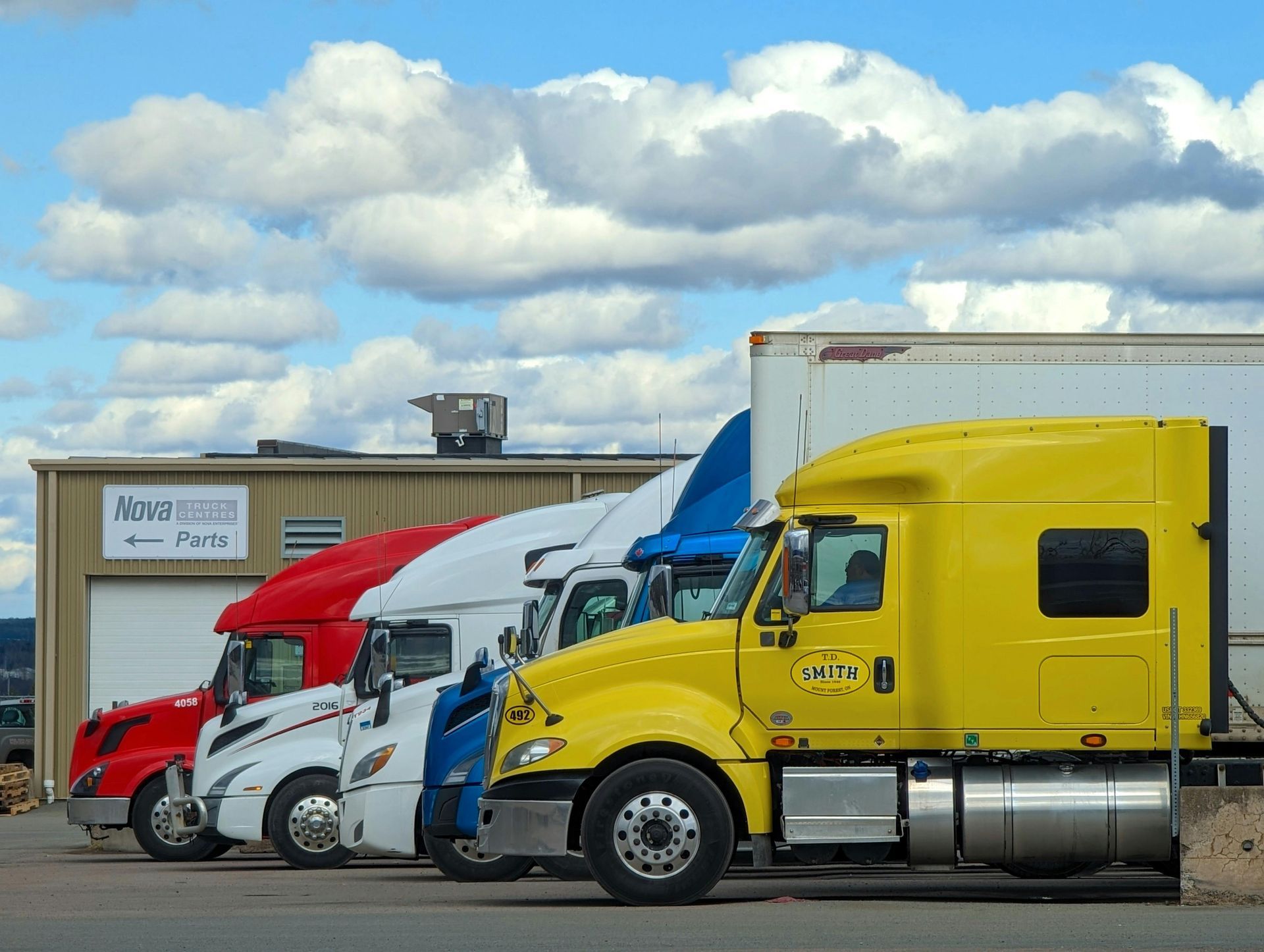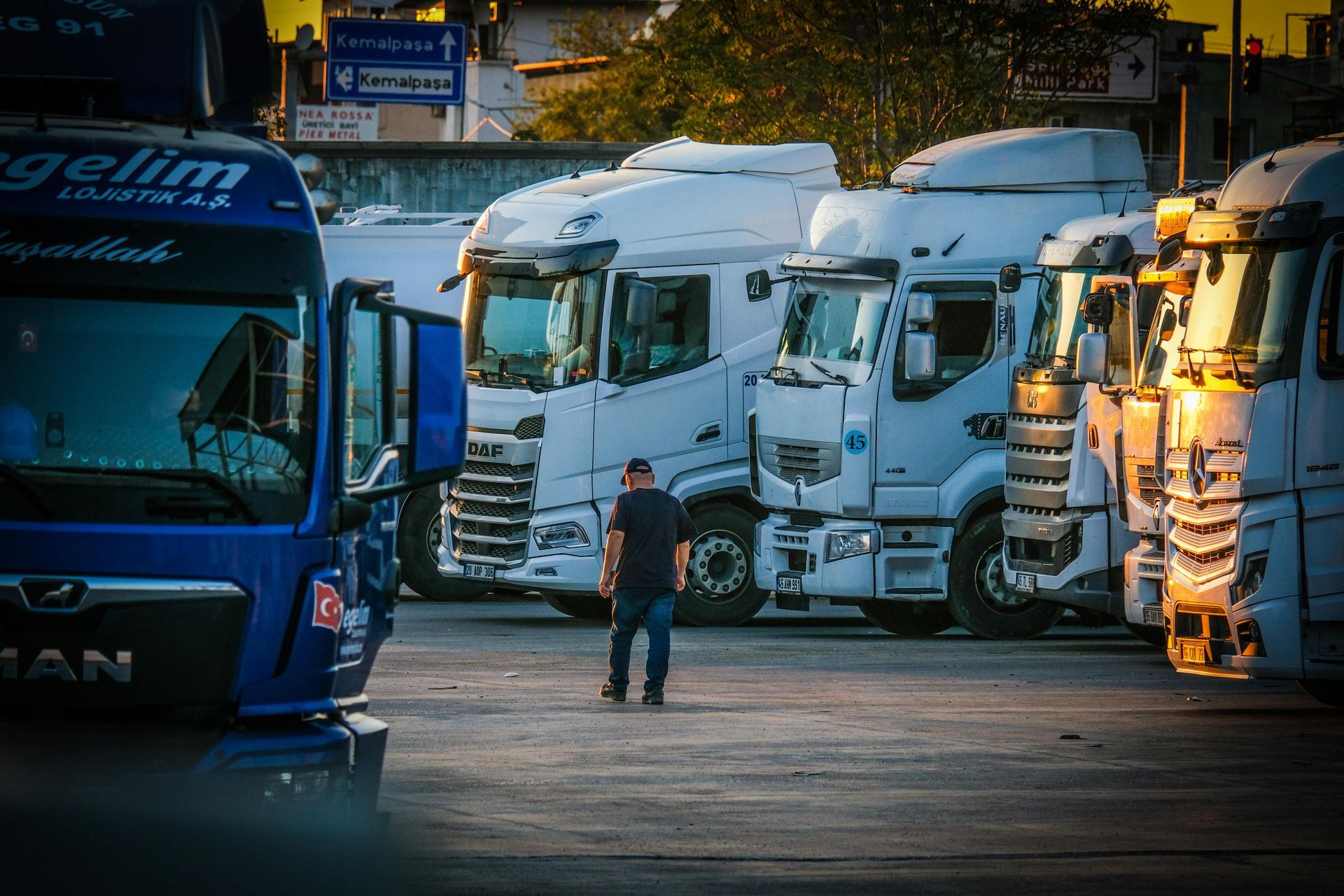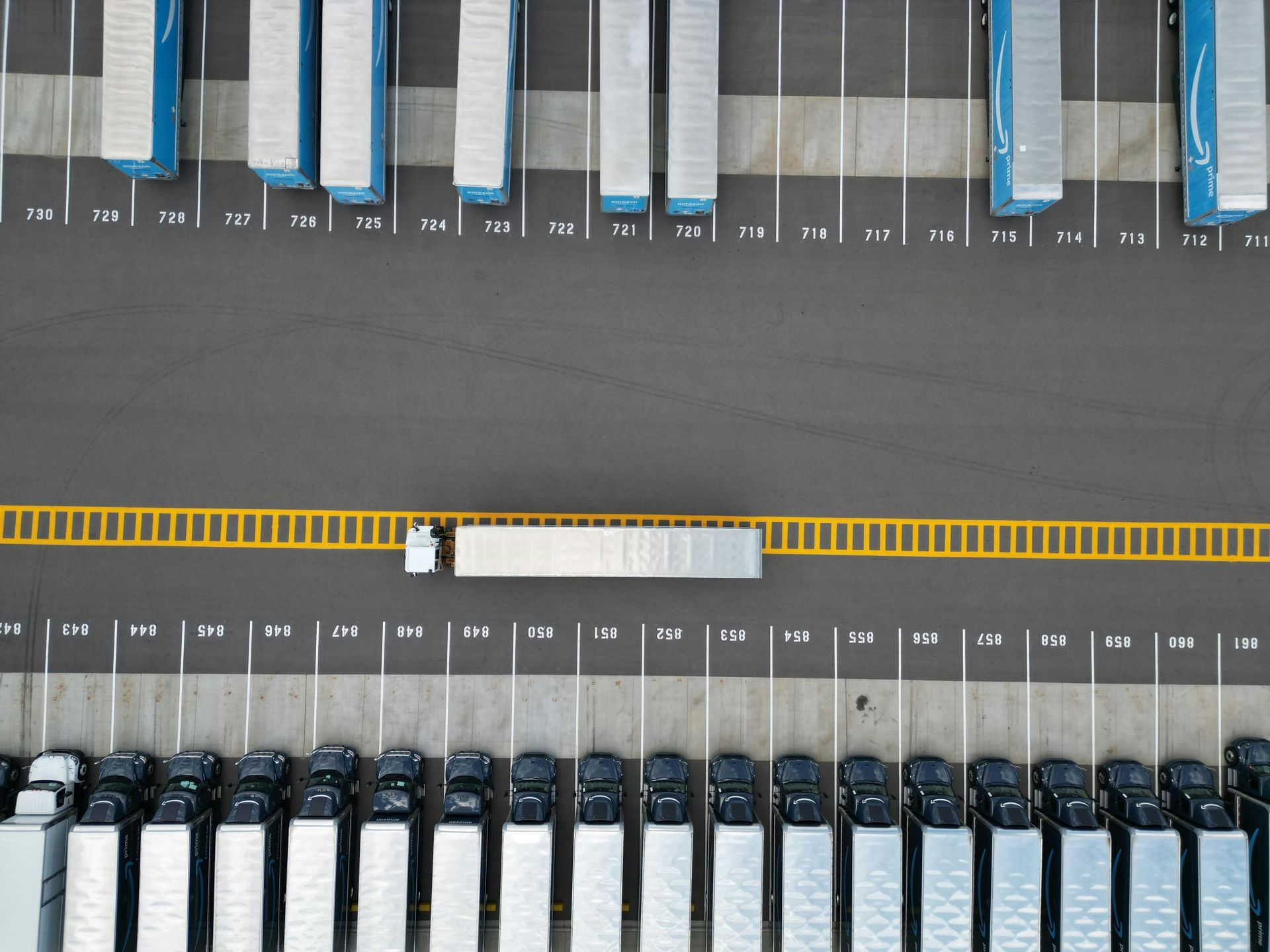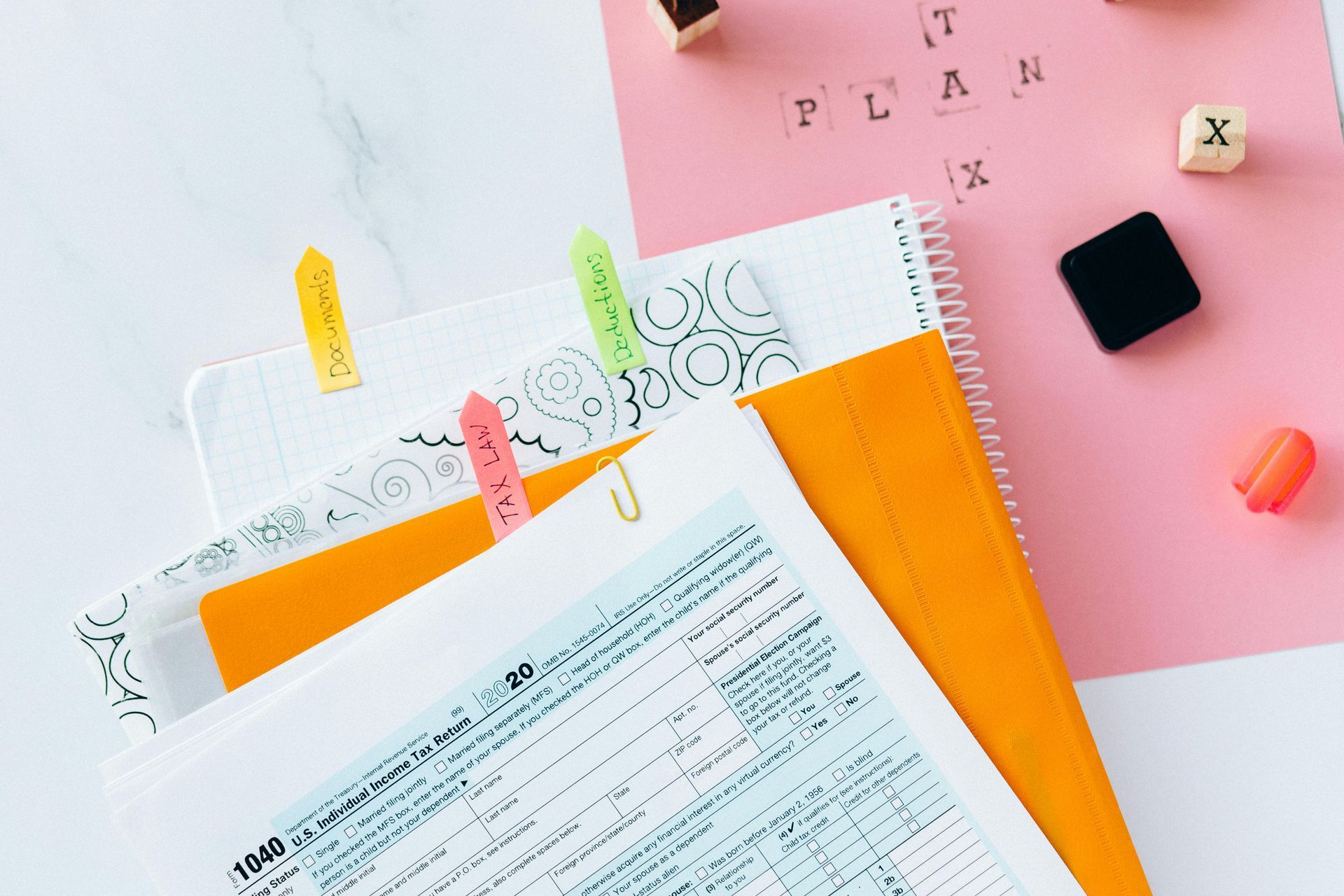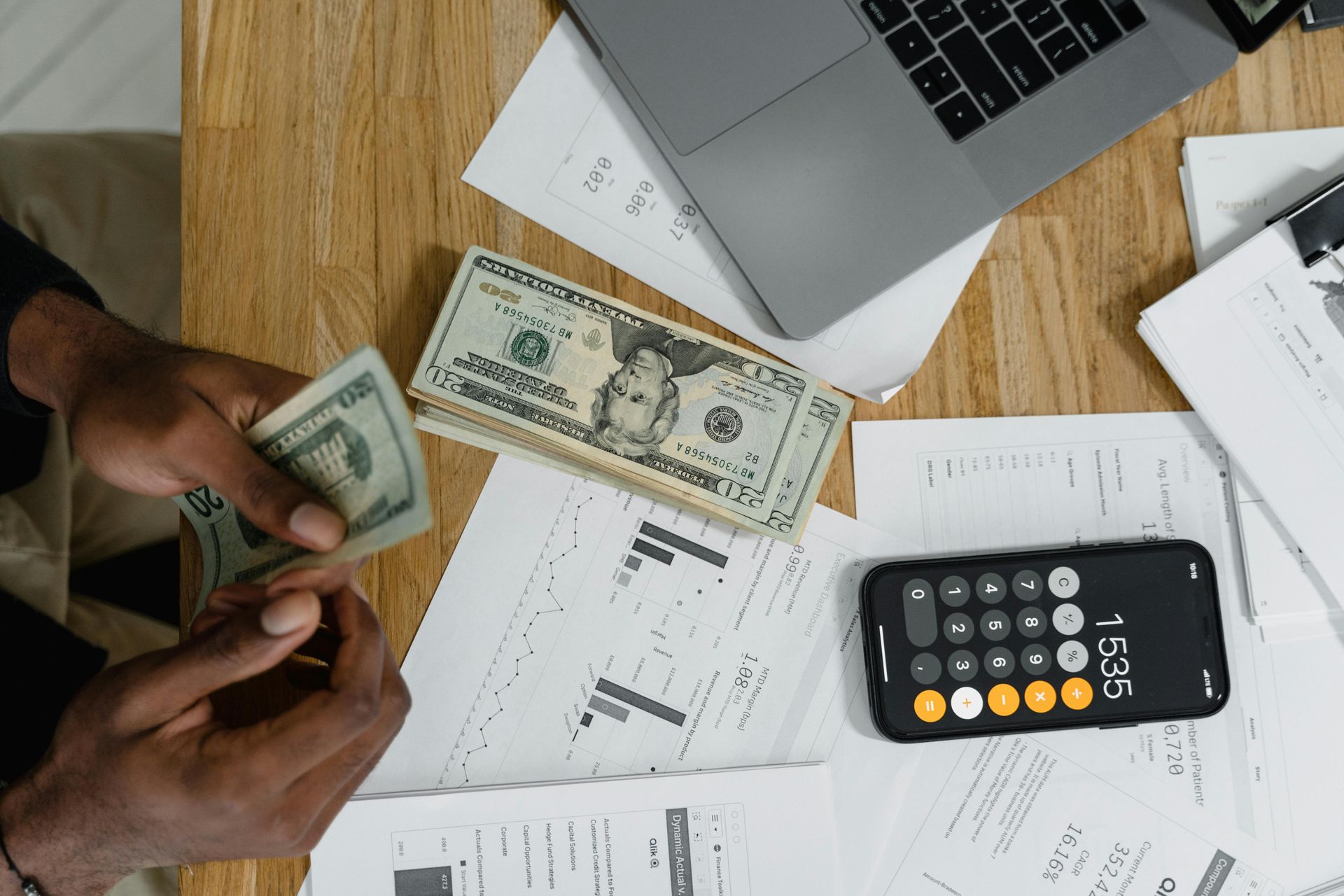Lease vs. Buy: Choosing the Right Truck for Your Business
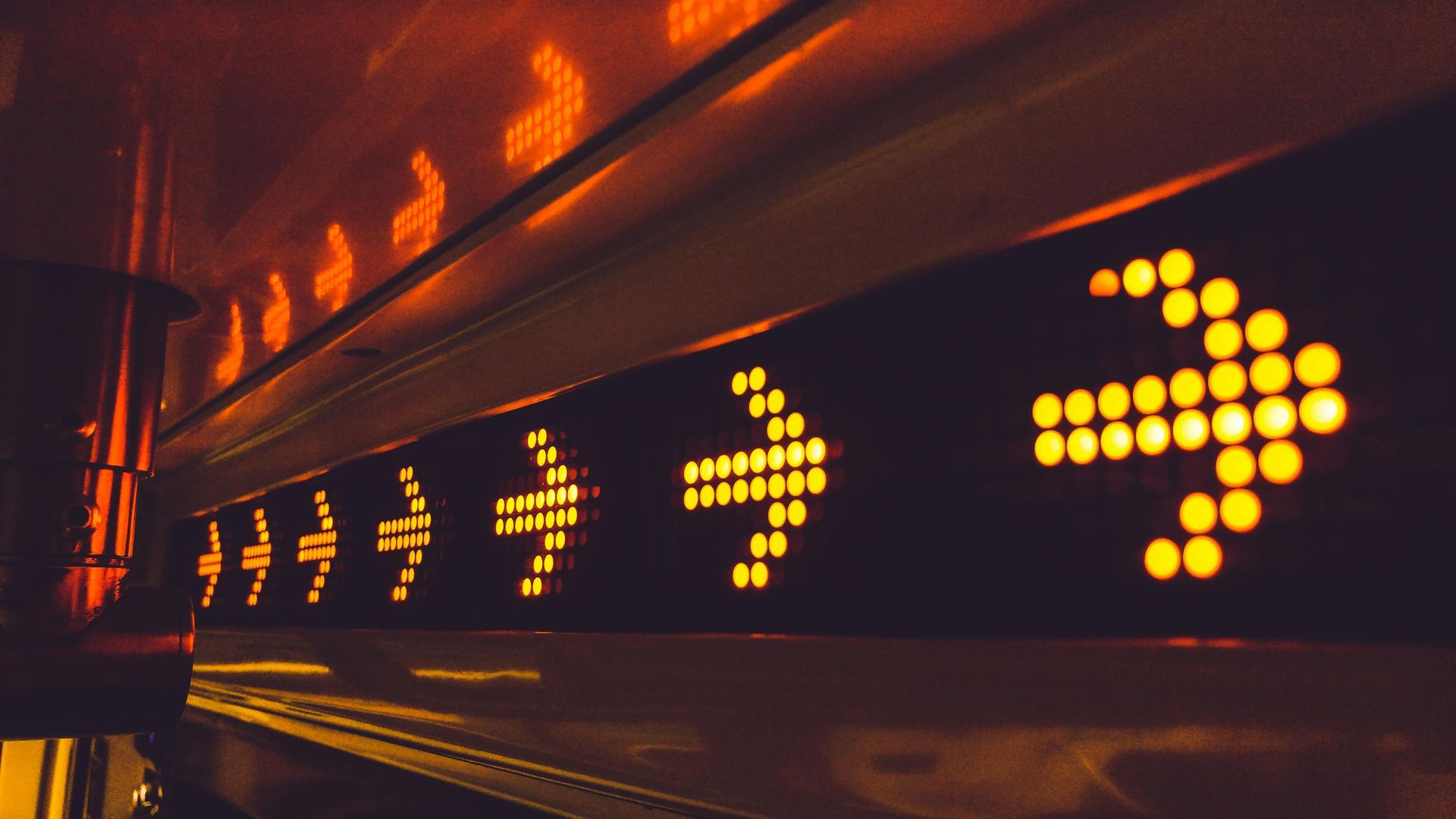
One of the biggest decisions any owner-operator faces—right after picking lanes and finding loads—is how to get your rig. Do you lease or buy? Which one’s cheaper in the long run? Which one gives you more freedom? And which one helps you come out ahead at tax time?
There’s no one-size-fits-all answer. Both options have their benefits, and what’s right for one trucker might not work for another. But the financial and tax implications are real, and understanding the difference can save you serious money and stress.
Here’s a no-fluff breakdown from Truckers Pro CPA to help you choose wisely and protect your bottom line.
The Basics: What Does It Mean to Lease or Buy?
Leasing a truck is like renting it long-term. You make regular monthly payments to use the vehicle, but you don’t own it—unless there’s a buyout option at the end. Some leases include maintenance and warranty coverage, and depending on the contract, you might return the truck after a few years and upgrade to a newer one.
Buying a truck, on the other hand, means you own the vehicle. You can finance it with a loan or pay cash (if you’re lucky enough to have that kind of reserve). You’re responsible for all repairs, maintenance, and depreciation, but once it’s paid off, it’s yours—and you’re not locked into payments forever.
Comparing the Two: Financial Pros and Cons
Initial Cost
- Lease: Lower upfront cost. Most leases don’t require a huge down payment, making it easier to get started.
- Buy: Buying typically requires a larger down payment, especially if you're financing. Expect to put down 10–20% unless you find a no-money-down offer.
Monthly Payments
- Lease: Monthly payments are usually lower than loan payments because you’re only paying for the truck’s use—not its full value.
- Buy: Loan payments are higher, but they eventually end. Once the truck is paid off, you're free from recurring payments.
Maintenance Costs
- Lease: Many leases include warranty coverage and even maintenance. That means fewer surprise expenses.
- Buy: You cover everything—tires, breakdowns, engine work. Older trucks especially can get pricey fast.
Depreciation
- Lease: Not your problem. The leasing company takes the hit when the truck loses value.
- Buy: You own the truck, so you absorb the depreciation—but it can also be used to your advantage on your taxes.
Tax Benefits: Lease vs. Buy
Here’s where it gets interesting.
If You Lease:
- Lease payments are fully deductible as business expenses.
- This means you can write off the full monthly payment (as long as the truck is used for business).
- Simpler for bookkeeping—no need to track depreciation.
If You Buy:
- You can depreciate the truck’s value over several years using CRA's Capital Cost Allowance (CCA) rules.
- If you finance, the interest portion of your loan payments is deductible, but the principal isn’t.
- Major benefit: depreciation and interest deductions can be front-loaded to reduce your taxable income in the first few years.
Bottom line? Leasing offers clean, straightforward deductions, while buying opens up powerful depreciation strategies—especially if you're working with a savvy accountant who can time those deductions to your advantage.
Flexibility and Long-Term Value
Leasing Pros:
- Easier to upgrade to newer equipment every few years.
- Better for short-term needs or when market conditions are uncertain.
- Walk away or renew at end of term—no hassle selling the truck.
Buying Pros:
- You build equity in the truck.
- After the loan is paid off, the truck is an asset you can sell or trade in.
- More freedom—no mileage caps, wear-and-tear clauses, or early return penalties.
Leasing limits flexibility when it comes to customizing your truck or running high miles. Buying gives you full control, but it comes with higher risk and more responsibility.
When Leasing Might Be a Smart Move
- You’re just starting out and want low monthly payments.
- You want access to newer trucks with less risk of breakdowns.
- You prefer predictable maintenance costs and fewer surprises.
- You like upgrading equipment every few years to stay competitive.
When Buying Might Be the Better Call
- You plan to drive the truck for many years.
- You’re comfortable handling maintenance and repairs.
- You want to build equity in your equipment.
- You’re looking for bigger long-term tax deductions via depreciation.
Final Thoughts: Know Your Business, Know Your Numbers
The “lease vs. buy” decision isn’t just about trucks—it’s about your cash flow, goals, risk tolerance, and tax strategy. There’s no wrong answer, but there is a smart one based on your situation.
Take the time to:
- Compare total 3–5 year costs
- Consider maintenance, downtime, and reliability
- Talk to a CPA who knows trucking and can help you maximize deductions
Truckers Pro CPA works with drivers across Canada to navigate these big choices. From tax planning to forecasting, we help you keep more of your income and make the smartest moves possible for your future.
Need help deciding whether to lease or buy?
Let Truckers Pro CPA walk you through the numbers, tax impact, and cash flow outlook so you can drive away confident—no matter which road you take.
Popular Posts

Marcel Coviciu
Marcel began his career working in operation and management for a major tire manufacturer. Then he transitioned into trucking, running his own business for 15 years and ultimately working his way through accounting school. Fascinated with the way logistics and financial management impact the profitability of businesses, Marcel loves sharing his expertise with other truckers.



